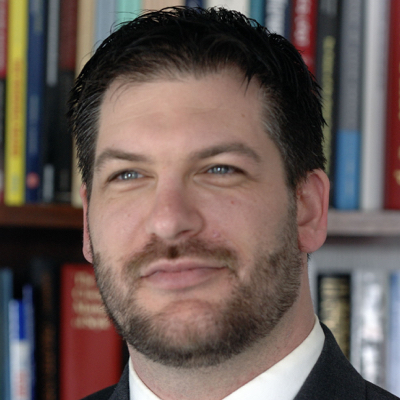June 17, 2013
It’s really hard to explain the outsized incomes of those at the top without pointing fingers at the government. Take N. Greg Mankiw. Earlier this month he produced a paper, “Defending the One Percent,” to be published in a major economics journal.* Mankiw opens with a little thought exercise about a world of perfect equality. He supposes that supply and demand in this world “happen to produce” such a market outcome and that the outcome is one of perfect efficiency.
Mankiw then goes on to suppose that an entrepreneur disturbs this “utopia” by producing new products which everybody likes, and so makes a whole lot of money and income is no longer equally distributed. He then wonders to what extent his or her income should be redistributed to everyone else.
Hilariously, Mankiw’s asks us to think of Steve Jobs, J.K. Rowling, and Steven Spielberg. All three have in real life amassed incredible wealth it is true. But none of the three could have amassed that kind of wealth in a free market. All three owe their incomes primarily due to government interference in the free market.
Spielberg may have great ideas for movies, and it may have cost millions of dollars to film an E.T., but the second copy and third copies cost almost nothing to produce. Yet this 31-year-old movie is $14.96 at Wal-Mart. Rowling’s Harry Potter series is available as an e-book. Copies of the complete series may be produced at zero cost—yet consumers must pay $57.54 for theirs. I enjoy Apple products, but once under production, a new iPod touch costs far less than $299.
In a classroom-economics sense, these kinds of gaps between what it costs to produce another unit and the price in the market should not exist—and is highly inefficient. People can copy DVDs for a couple cents or share e-books for nothing. And people frequently do. But Spielberg and Rowling are able to charge a relative fortune for copies of their work because the government makes it illegal for anyone to produce what they produce. Apple, at least, makes something physical in the iPod, but still suffers no competition. The government does not allow anyone else to make iPods—or indeed anything too similar.
This allows Universal, Sony, and Apple to charge much more than they could in a free market. Of course, all three examples required an enormous amount of up-front costs. The iPod had to be designed and redesigned by some rather creative folks, and setting up a factory to produce them requires large sums of money. Rowling couldn’t know that her stories would be so well received when she wrote them. E.T. cost an estimated $10.5 million to produce. Certainly, granting the creators of these products protection from any competition has allowed them to recoup their losses.
Certainly, these are works of value, and perhaps these works would never have been created but for the promises of government. However, I favor more efficient ways to finance creative works. Artistic Freedom Vouchers could support hundreds of thousands of people producing works for the public domain. The public already finances much of basic pharmaceutical research, and public financing of clinical trials could save tens or hundreds of billions of dollars per year in lower drug prices.
Still, the financial successes Mankiw offers cannot possibly be attributed to the free market. Mankiw should not be wondering if the government should get involved in redistributing income away from these entrepreneurs, but rather the degree to which the government already redistributes income to them. Mankiw surely knows his examples are terrible. Whether he has given it any thought is another matter.
* Thanks to Jurriaan Bendien for bringing this to my attention.






